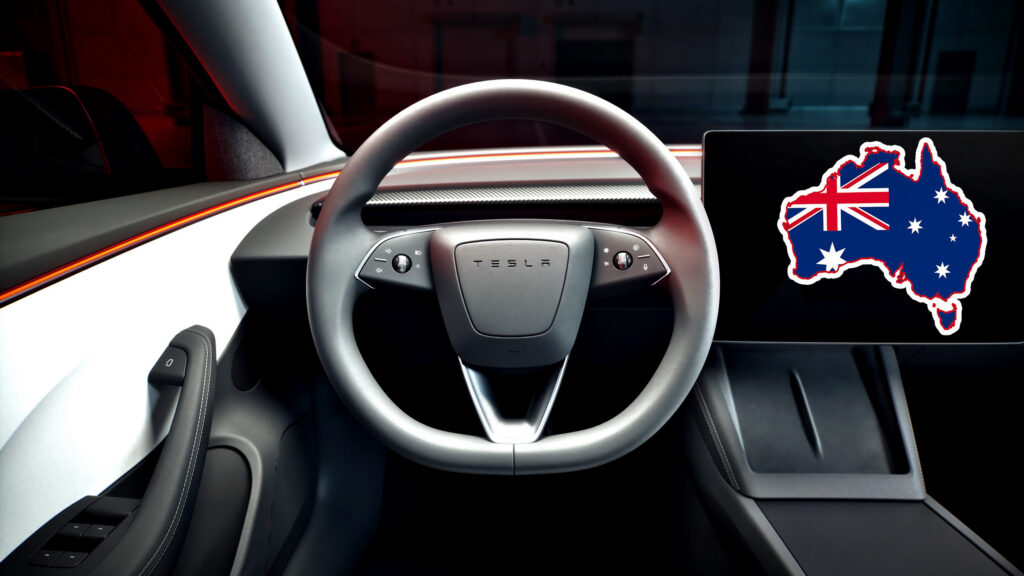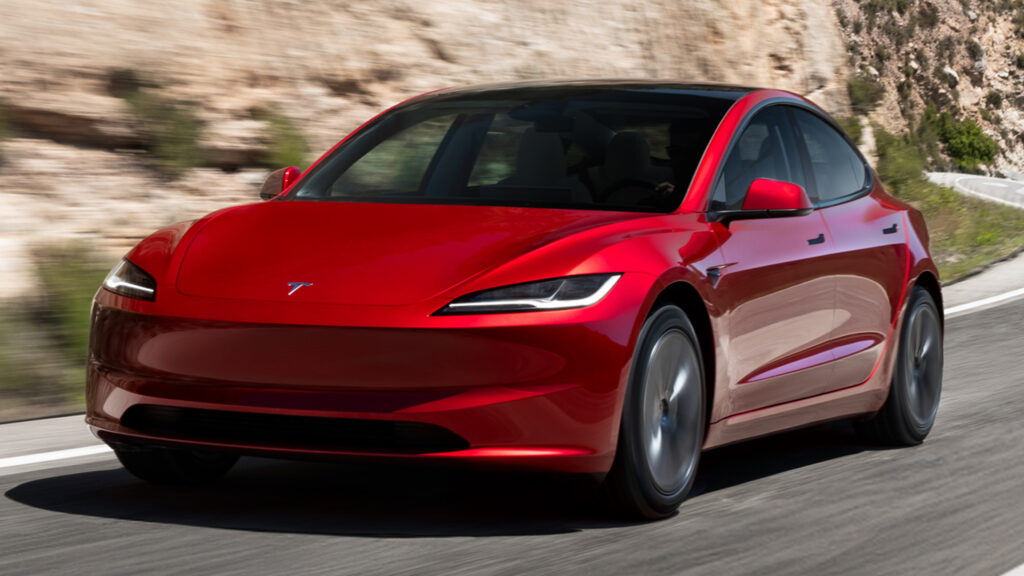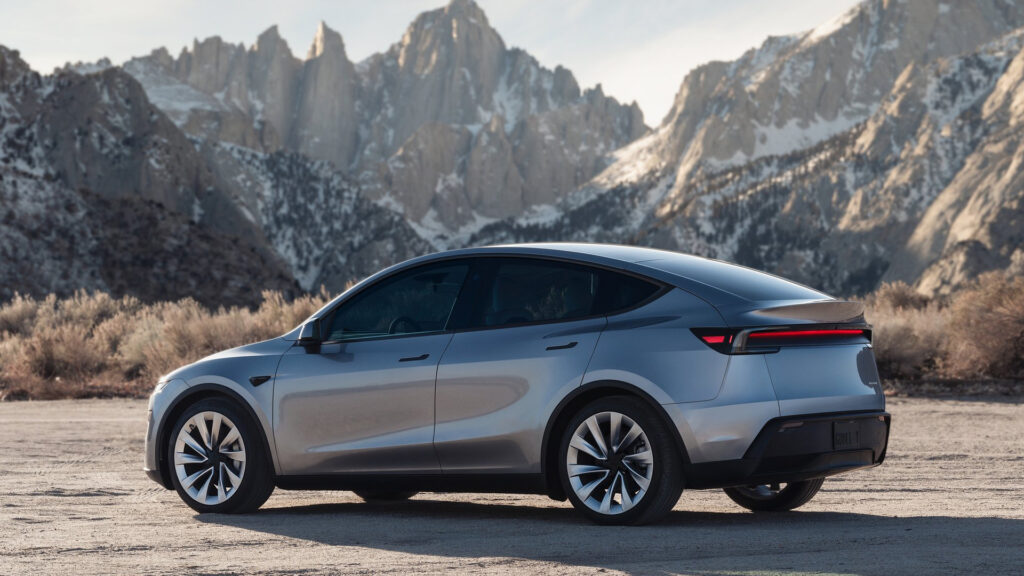Tesla’s Legal Woes Down Under

It’s not a good time to be Tesla. With a pile of lawsuits stacking up, it feels like Tesla’s troubles are forming a wall higher than the Hollywood Hills. The latest legal battles are coming from Down Under. Australian Tesla owners are taking up their grievances to the Federal Court, and there’s quite a crowd—about 10,000 of them, to be exact. These disputes aren’t about nitpicky issues; we’re talking serious stuff here like unexpected braking and misrepresented driving ranges.
The Braking Problem

Imagine cruising down the freeway and suddenly, without warning, your car decides it’s time for an impromptu brake check. That’s the nightmare many Tesla owners are reporting. The issue, known technically as “phantom braking,” has left drivers shaken, reporting incidents even when their hands were firmly on the wheel. It’s not just an annoyance but a safety hazard, especially at speeds of 62 to 68 mph that are common on highways.
Range and Autonomy Claims

Besides the braking fiasco, there’s another issue sizzling between Tesla and its Australian customers. The class action suggests that Tesla’s claims about its electric vehicles’ driving range are more fantasy than reality. Owners argue that the actual mileage falls short of what’s advertised, even when the battery level appears healthy on the dashboard. Furthermore, the lawsuit challenges the capability of the much-hyped Autopilot system, claiming that the hardware doesn’t nearly support the promised autonomous driving experience.
Comparing the Experience
Driving a Tesla, when functioning as promised, can feel like stepping into the future. The acceleration is quick, with models like the Model 3 Performance dashing from 0 to 60 mph in just over 3 seconds. That’s the kind of force felt in muscle cars but with the elegance of an electric powertrain. However, when faced with issues like phantom braking or range discrepancies, this experience might sour quite quickly, making drivers feel more apprehensive than at ease.
In contrast, other electric vehicles like the Ford Mustang Mach-E or the Chevrolet Bolt have made strides in offering reliability and user satisfaction. While they may not always match Tesla’s head-turning performance metrics, they manage to deliver on what they promise more consistently, providing a balanced mix of speed, comfort, and assured safety without the drama.
Despite a seemingly small number of formal complaints, the large scale of the lawsuit against Tesla might suggest a deeper underlying issue. Whether it’s an overblown concern or a legitimate cause for alarm remains a heated topic among both the automotive community and Tesla drivers themselves. How Tesla navigates this storm could redefine its relationship with owner satisfaction, either smoothing the road ahead or leading to more bumps along the way.
Telluride's Bold Move
Lambo Gunfire Chaos
Chevy Blazer EV Debuts
2026 Land Rover Sport
Iconic 1993 Mustang